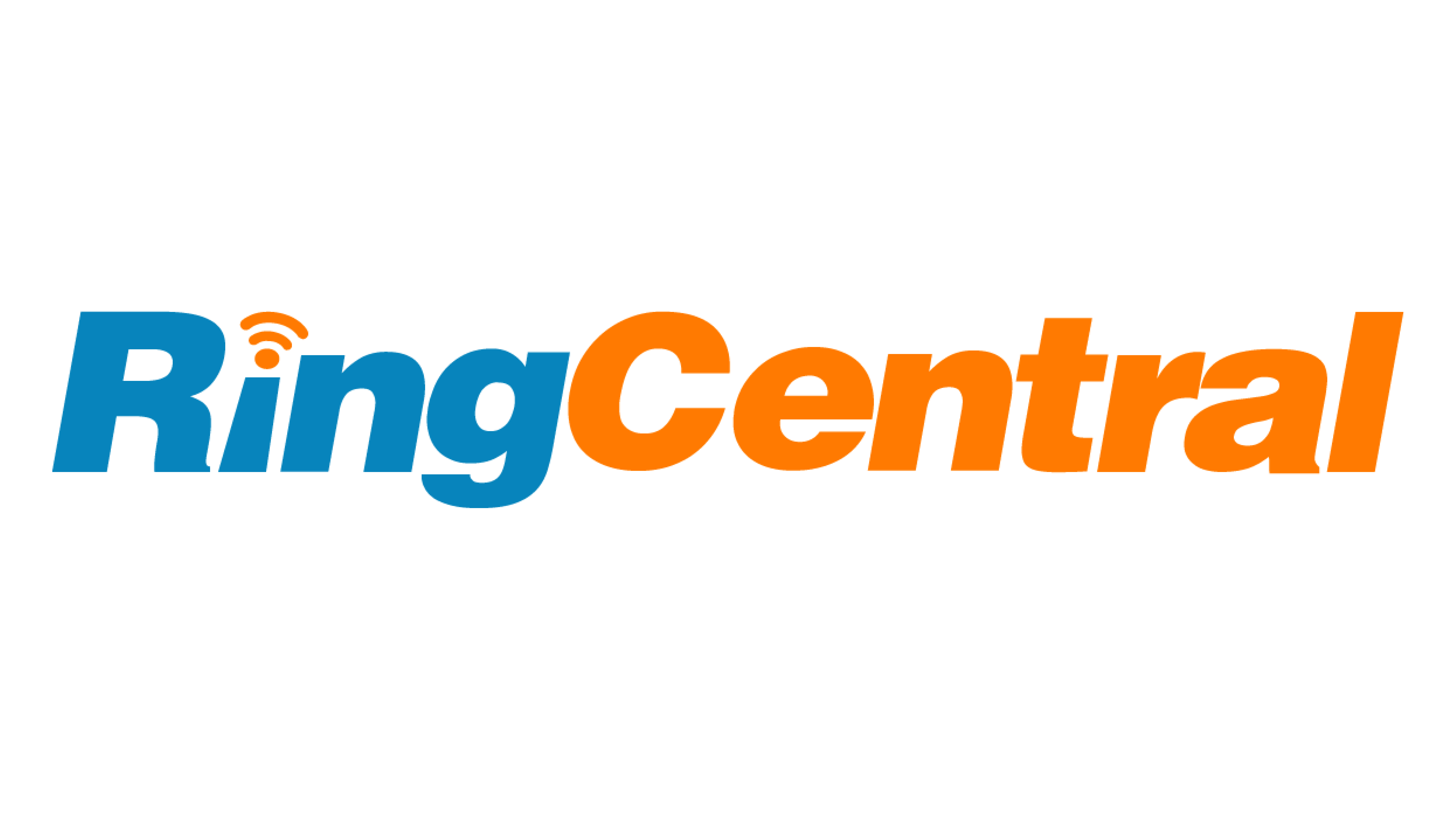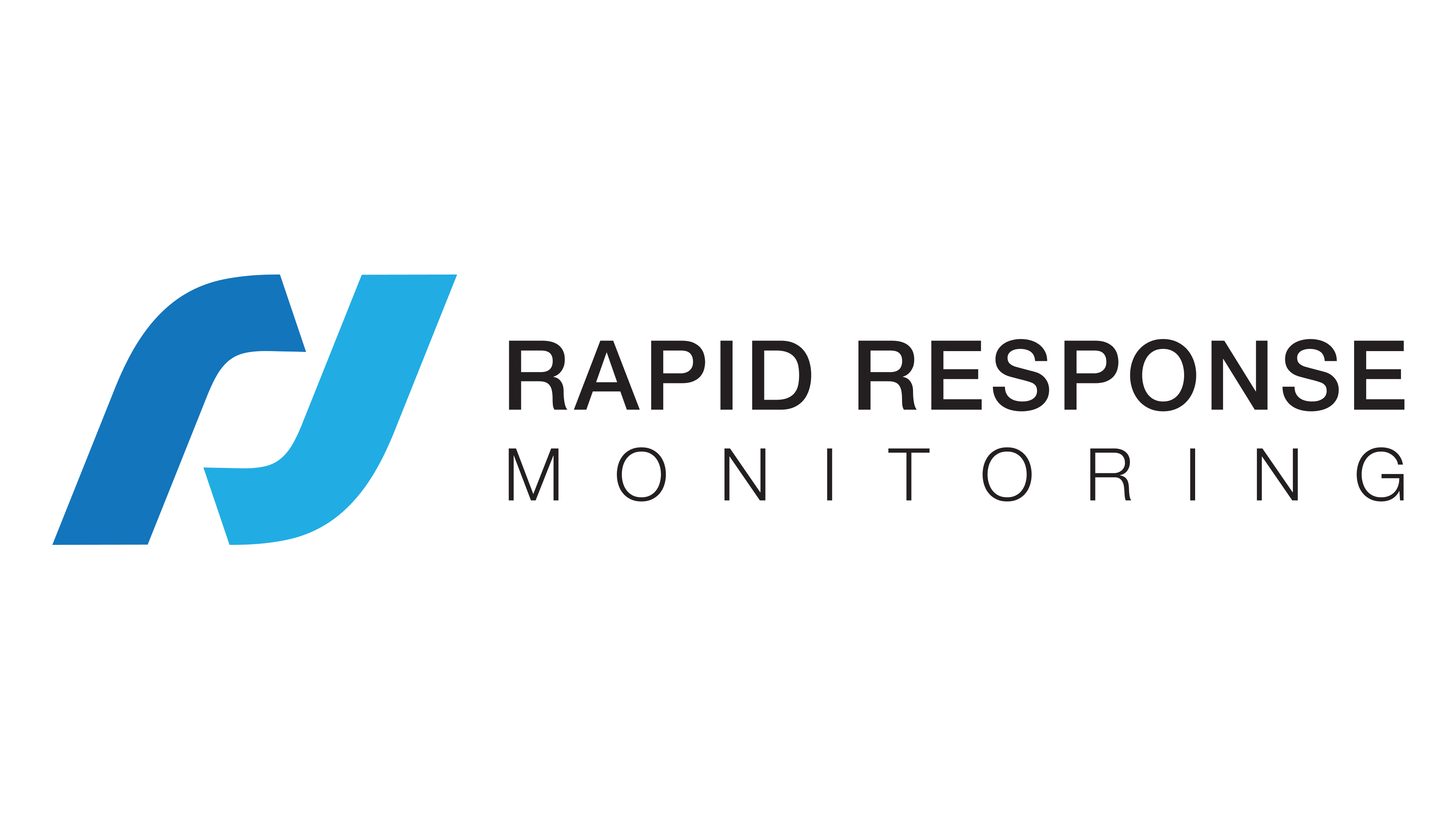Visit FieldHub at ISC West — Booth 31093
Schedule a 1:1Resources

A FieldHub Update – November 2025
At our Build25 user conference in Baltimore this October, one topic generated plenty of conversation: credit card processing fees and surcharges. Security installers and service providers are understandably looking for ways to offset the 2-3.5% they pay on every card transaction. But as we’ve dug deeper into this issue on behalf of our FieldHub community, we’ve discovered something unexpected: we still don’t have clear answers.
Following the 2024 Visa-Mastercard settlement, merchants can now surcharge credit card transactions to recover processing costs. Sounds straightforward, right? Add a fee, offset your costs, and move on.
But here’s where it gets complicated:
First, consider the fact that state-by-state regulations change what is permitted and how. If you only operate in a couple of states that happen to be permissive regarding credit card surcharges, this issue should be simple. But looking at the national landscape:
These rules appear to contradict each other. If you surcharge Visa and Mastercard credit cards but not debit cards (as federal law requires), American Express’s non-discrimination policy seems to prohibit accepting their cards. If you accept American Express and want to surcharge, you’d need to surcharge debit cards equally—which federal law prohibits.
We’re still working to understand how these policies reconcile in practice.
As we’ve researched this issue, we’ve encountered more questions than answers:
Enforcement questions: What are the actual penalties for non-compliance? How actively are card networks monitoring surcharge programs? What happens if you get it wrong? Will you lose the ability to process credit cards on a network completely?
Implementation questions: Are there approved workarounds we haven’t discovered? Do merchant agreements with specific processors offer more flexibility? Can you obtain waivers from American Express? Do you always know if a VISA or Mastercard is a credit card or a debit card?
State complications: Five jurisdictions still prohibit surcharging entirely (California, Connecticut, Massachusetts, Maine, Puerto Rico), though Oklahoma just legalized it in November 2025. New York permits it but has very specific requirements that you need to take into account not only on your invoices but also on how you present your proposals. How do multi-state businesses navigate this patchwork?
Real-world precedent: How are other security companies implementing surcharges? What’s working? What’s creating problems?
These aren’t rhetorical questions. These are questions that don’t have complete answers yet, and we’re concerned about recommending a path or implementing a technical solution that could expose our customers to compliance risks or penalties.
The math is compelling on the surface. For a security company processing $500,000 annually in credit card payments:
That’s real money. But it has to be weighed against:
Without clear guidance on the penalty side of this equation, it’s hard to make an informed recommendation.
While we’re still working through the credit card surcharge puzzle, there’s a solution that benefits everyone and involves zero pricing compliance headaches: ACH payments.
ACH transactions typically cost merchants a fraction of the 2-3.5% for credit cards. Better yet:
For recurring monthly monitoring and RMR, ACH is particularly well-suited. FieldHub’s platform supports ACH processing, automated collection sequences, and can help you transition customers from cards to bank payments.
We’re not giving up on understanding the credit card surcharge question. We’re:
In the meantime, we’re focusing on helping FieldHubbers implement ACH payment strategies that deliver immediate savings without compliance uncertainty.
For those who want to dive deeper into the credit card surcharge landscape:
If you’re interested in exploring ACH implementation for your business, reach out to your FieldHub account manager. We’re here to help you navigate payment processing in a way that makes sense for your business.
This article is for informational purposes only and does not constitute legal or financial advice. Consult with qualified professionals before implementing any payment processing changes.
FieldHub offers an all-in-one, cloud-based platform built specifically for security system installation professionals. This comprehensive Software-as-a-Service (SaaS) solution streamlines lead and proposal management, project coordination, field service operations, and inventory tracking. FieldHub also automates recurring billing and revenue recognition for recurring or deferred revenue—while providing a complete accounting system. For more information, visit fieldhub.com.

Bring Zoom call activity into your operational workflow.
Calls and virtual conversations play an important role in how field service and security integration teams coordinate work. But when those conversations stay inside Zoom, critical context can be lost once the call ends.
FieldHub’s Zoom integration connects call activity directly to FieldHub, making it easier to reference conversations, maintain accurate customer records, and keep teams aligned—without adding manual steps.

Bring call activity into your field service and security operations.
Phone calls are still central to how field service and security integration teams work. But when calls live only inside a phone system, important context is often lost—especially during handoffs, follow-ups, and scheduling changes.
FieldHub’s RingCentral integration connects phone communication directly to FieldHub, so call activity is visible alongside the customer records and workflows your team already uses.

FieldHub, the all-in-one, cloud platform for security and field service businesses, and Rapid Response Monitoring, the industry’s leading provider of professional In-Facility Monitoring, are pleased to announce a new integration that streamlines the creation and ongoing management of monitored subscriber accounts—right from within FieldHub. The integration helps dealers reduce double entry, accelerate job closeouts, and keep service quality tight across the full lead-to-invoice lifecycle.
With FieldHub’s Systems Management capabilities, dealers can perform central-station actions without leaving the platform—including creating central station accounts from account/site details, placing systems on and off test, and activating/deactivating systems—so field operations, billing, and account records stay in sync.